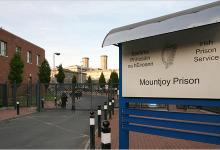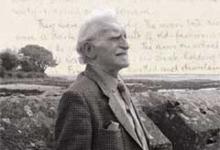€50 million HSE West cuts...
How is it after six years of Mary Harney as health minister and so called 'reform', the HSE West is scrambling around for €50 million of cuts? By Sara Burke.
Mary Harney came into the Department of Health in September 2004 just as the health boards were abolished and the HSE was set up. The rationale for establishing the HSE was to remove political influence and provide unified, quality health and social care across the country.










